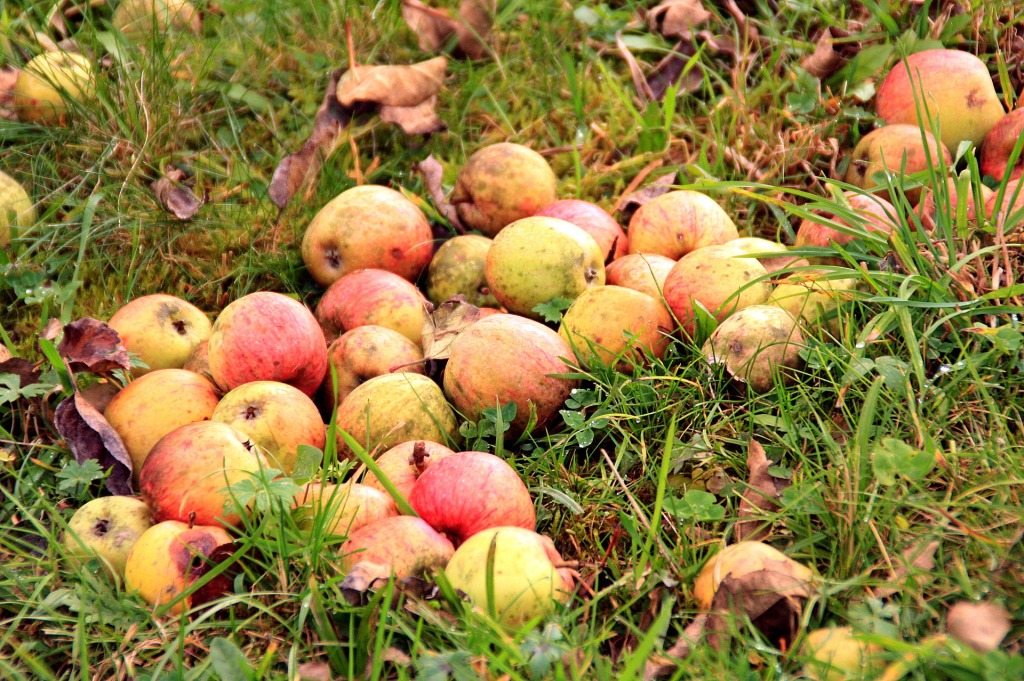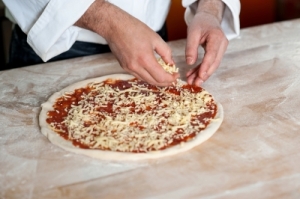
Being a loved one of someone who has Obsessive-Compulsive Disorder is hard. It’s hard because you watch that person suffer, and, when you love someone, you don’t want them to suffer. Very commonly, when someone we love has OCD, we get caught up in doing things that don’t help. One way we do this is by accommodating. That is, we do things that OCD wants (e.g., washing our hands because maybe they touched something suspect, we reassure our loved one that of course the feared thing won’t happen, we do things our loved one is capable of doing themself so that their OCD doesn’t get triggered – the list goes on). Accommodation, although it feels loving, actually keeps our loved one stuck in the OCD cycle.* On the other end of the spectrum, but also problematic, is what I did with Blake the other day. I got into conflict with him over his OCD.
Yes. Yes. I did get into conflict with him. I was downright not very nice. I share this with you at the risk of being judged harshly, but I have a purpose for sharing it. I want to emphasize something for loved ones everywhere. Loving someone with OCD can present some challenges – and you will not always meet those challenges in the best way. You are human. You will mess up. I messed up the other day, and I am a psychologist who is an OCD specialist. I deal with these issues every single day of my professional life. I should know better. And I can admit that this is hard.
So, here’s what happened. Blake and I went grocery shopping. He was not thrilled to go. I actually didn’t give him a choice. He’s been in the house almost nonstop and I thought it was important for him to interact in the world for a brief bit. With our masks donned, we moved through the medium-sized store as I grabbed some bread and produce. Blake was clearly anxious about the experience, although he did stop briefly to say hello to an employee he recognized from his volunteer work. When we got home, I still had one more errand to run. Blake was to take the two bags of groceries into the house. He walked around the back of the car and lifted the hatch.
“I don’t know what to do about this, Mom. Can you help?”
I got out of the car to see what the problem was. One of the bags had fallen over and the apples inside it were now lying on the car liner. Without thinking much of it, I picked up the apples and placed them with their mates in the bag. Blake seemed to recoil. I knew right away what it was. OCD was saying all the apples were contaminated. I felt frustration rising in me; that should have been my sign to stay quiet and leave. Instead, I confronted Blake.
“You’re upset about the apples, aren’t you?”
“Well, I just don’t know what to do with them now.”
“Blake, we wash our produce before we eat it…”
“But they were in the back of the car…”
“Apples grow outdoors. They fall on the ground before they get to the store. They touch all sorts of things. You’re not going to eat these now, are you?”
“No. Probably not.”
Nice, huh? Great example of a loving exchange between mother and son. And the mother is an OCD specialist! So, it went on for just a bit more and ended up with me saying something really brilliantly supportive like, “That sounds like such a hard way to live, honey,” before I drove off, leaving Blake with the grocery bags.
Within moments, I knew I’d been out of line. I’d been unkind. Airing my frustration at my already-anxious son was not going to make anything better. What he did or did not plan to do with the apples was not my problem. It was his job to either challenge his OCD and eat them or to miss out on a favorite fruit. As I drove I crafted my apology in my head. I would write it as soon as I was parked, but before I even arrived at my destination I received a text from Blake.
“Hey Mom. Sorry for how I responded. I’m tired and I’m panicking and I felt like I just couldn’t deal with the situation. I went with what made me most comfortable in the moment.“
Tears stung my eyes and rolled down my cheek.
“Hi Blake. Thank you for the text. I was just about to text you, too. I feel terrible. I cornered you about the apples and that was wrong. I am so sorry.“
We spoke some more when I got home and each acknowledged our part. We recognized areas where we are each a work in progress. Will I be perfect now and never mess up again? No. I will absolutely mess up again. What I refuse to do is to beat myself up over it as I have done so many times in the past. It doesn’t help me and it doesn’t help Blake, who worries about me when he can see I’m doing that. Instead, I can strive to improve. I can acknowledge that I am flawed. I can recognize that growing signs of frustration in me are not imperatives that I act or speak, but signs to step back and evaluate. And I can remember that when Blake is appearing anxious that he is not going to be able to take feedback from me; it’s best I wait. We can learn and grow – together.
*Note regarding accommodation. Please, if you see yourself in this and recognize that you engage in accommodating your loved one’s OCD, refer to more information on the subject. Do not change and remove your accommodating behavior until you have consulted with your loved one, a professional, and/or professional resources that can teach you how to do this. One possible resource is the International OCD Foundation: https://iocdf.org/







![IMG_2101[1]](https://ocdinthefamily.files.wordpress.com/2014/04/img_21011.jpg?w=225)


